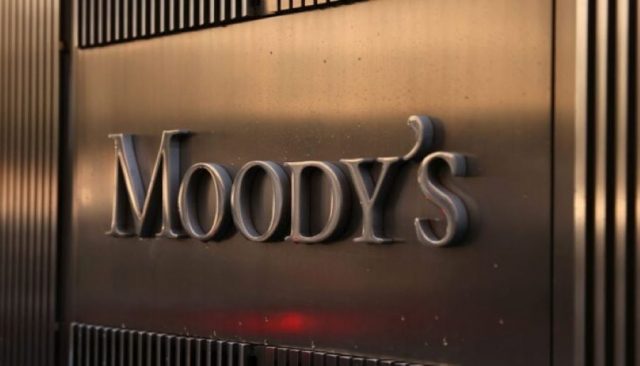WED. 01 FEB, 2023-theGBJournal| Credit rating agency Moody’s downgraded on Tuesday the credit rating of nine major Nigerian banks: Access Bank Plc, Zenith Bank Plc, First Bank of Nigeria Limited, United Bank for Africa Plc, Guaranty Trust Bank Limited, Union Bank of Nigeria plc, Fidelity Bank plc, FCMB (First City Monument Bank) Limited and Sterling Bank Plc.
The rating actions follow Moody’s downgrade on 27 January 2023 of the long-term issuer rating of the Government of Nigeria to Caa1 from B3, and change in the outlook to stable
Moody’s downgraded the nine bank’s ratings to Caa1 from B3 reporting that downgrade of the long-term ratings of nine Nigerian banks reflects a combination of the weakening operating environment, as captured by Moody’s lowering of its Macro Profile for Nigeria to “Very Weak” from “Very Weak+”; and the interlinkages between the sovereign’s weakened creditworthiness (as indicated by the downgrade of the sovereign rating to Caa1 from B3) and the banks’ balance sheets, given the banks’ significant holdings of sovereign debt securities.
The news is a negative for the Nigerian economy which has been on a bumpy road given the deterioration of its fiscal and external position.
According to Moody’s, the revised Macro Profile for Nigeria reflects Moody’s expectation that depressed and uncertain oil production, capital outflows amid flight to quality and the government’s constrained access to external funding will likely continue to weigh on Nigeria’s external position in 2023.
‘’The revised Macro Profile also captures the risks that foreign currency shortages in the country pose to the liquidity, capitalisation and asset quality of Nigerian banks,’’ Moody’s said.
Moody’s highlighted increased risk for the Nigerian banks.
According to Moody’s, rated Nigerian banks have significant direct and indirect exposure to the Nigerian sovereign, with a significant portion of their assets located in the country, and sovereign debt holdings representing 28% of their aggregate total assets as of June 2022.
Moody’s said the government exposure links the banks’ credit profiles with the sovereign’s, whose rating was downgraded on 27 January 2023, to reflect Moody’s expectation that the government’s fiscal and debt position will continue to deteriorate.
‘’The government faces wide-ranging fiscal pressure while the capacity to respond remains constrained by Nigeria’s long-standing institutional weaknesses and social challenges.’’
Meanwhile, at the same time, Moody’s has changed the outlook to stable on the long-term deposit ratings, issuer ratings as well as senior unsecured debt ratings (where applicable) of the nine rated Nigerian banks.
Twitter-@theGBJournal| Facebook-The Government and Business Journal|email:gbj@govbusinessjournal.ng|govandbusinessj@gmail.com










